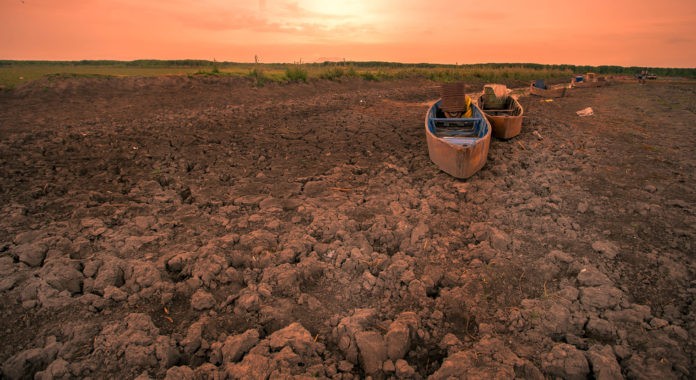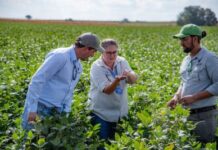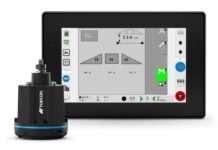The United Nations’ International Fund for Agricultural Development (IFAD) and the Green Climate Fund (GCF) agreed to invest $143 million for the new Africa Integrated Climate Risk Management Programme.
Of this, $82.8 million and $60.4 million will be jointly financed by IFAD, the African Development Bank (AfDB) and African Risk Capacity (ARC), the GCF said. The agreement was signed between IFAD and GCF, at the 26th session of the Conference of the Parties (CoP26) to the United Nations Framework Convention on Climate Change.
This programme is part of the African-led Great Green Wall (GGW) initiative, which aims to restore degraded landscapes in the Sahel, one of the world’s poorest regions. The initiative aimed to restore 100 million hectares of currently degraded land by 2030. In addition, sequestering 250 million tonnes of carbon and creating 10 million green jobs have also been a key objective of the initiative, launched by the African Union in 2007.
Climate information systems
It will be operational in seven countries: Burkina Faso, Chad, The Gambia, Mali, Mauritania, Niger and Senegal. It will restore Great Green Wall ecosystems. The programme will work towards ecosystems, increasing food security, creating jobs and also promoting peace in the Great Green Wall areas.
It will include plans to restore degraded land, provide climate information systems and agricultural insurance. It plans to contribute to climate resilience among at least 5.4 million of the most vulnerable and at-risk small-scale farmers as well as rural people in the seven African countries.
“Small-scale farmers urgently need investments to adapt to the impacts of climate change, especially in the Sahel region where their lives and livelihoods are under enormous threat. With financial support, infrastructure and access to technology, we can help create a new generation of climate-resilient farmers and rural communities in the Sahel region,” said Gilbert F Houngbo, president, IFAD, in his statement.
The programme will also support the efforts of the countries in the region to transition towards low emission and climate-resilient development pathways in agriculture, as expressed in their Nationally Determined Contributions (NDC), according to the IFAD. The programme is also expected to reduce or avoid around 21.4 million tonnes of carbon dioxide.








